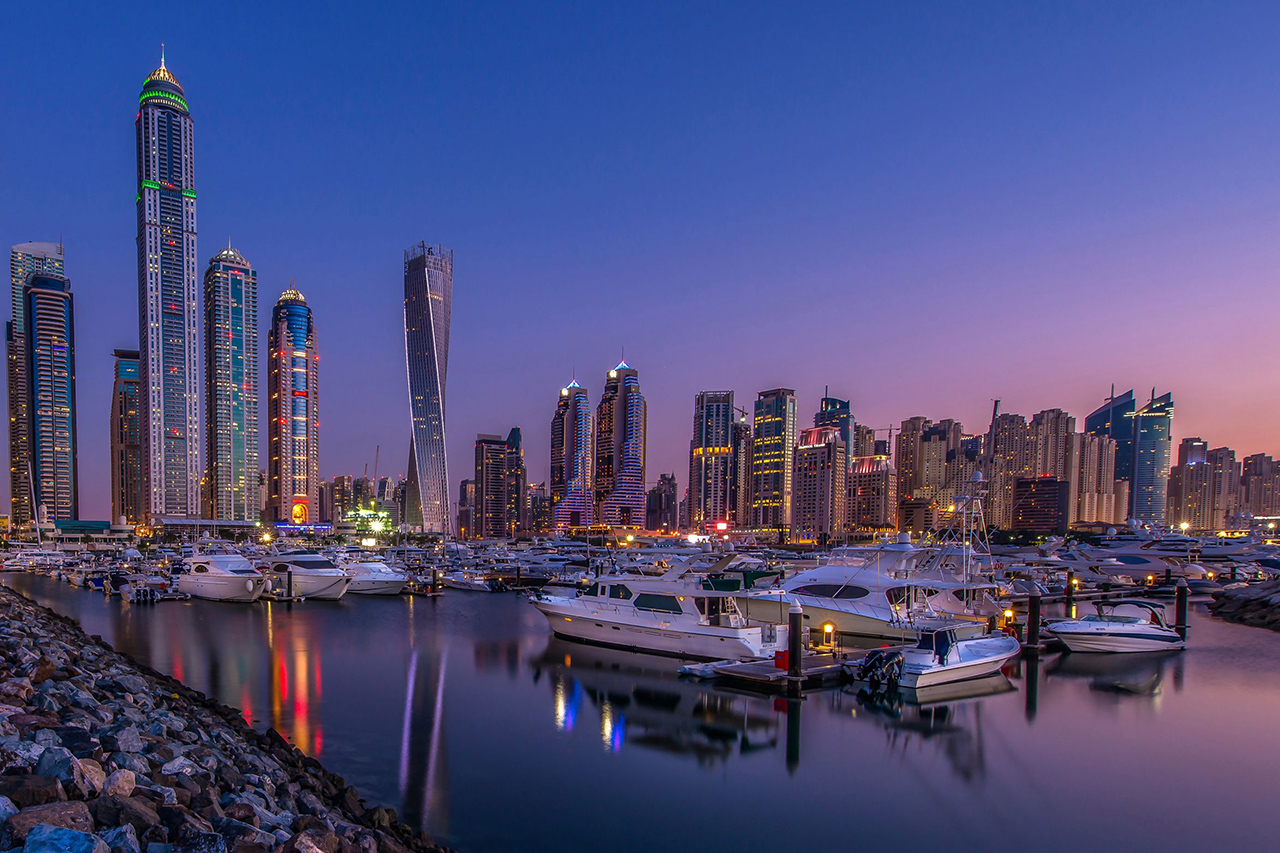
Data from the Dubai Land Department shows a remarkable growth in Dubai’s real estate market during the first half of 2022. The demand for commercial real estate contributed to a reported increase of 89% in overall sales value and a 38% increase in the number of units sold when compared to the previous year.
Following the market's solid run in 2021, a number of factors enabled the trend to continue in 2022. A significant contribution was made by the government's economic support programmes, including 100% foreign ownership, the 10-year Golden Visa programme, and the new residency permits for retirees and remote workers. Furthermore, the successful hosting of the Expo, the easing of pandemic restrictions, the ease of global travel, and, of course, the overall investor sentiment in the market have all contributed to the record-breaking numbers since 2010.

Jumeirah Lake Towers (JLT) and Business Bay continue to attract the majority of investors and businesses from locally and abroad. Both areas enjoyed 403 and 408 transactions, respectively, during H1 of 2022. The most sought-after building in Business Bay, The Opus, registered 26 transactions in the past 6 months, with the highest price per sq ft for an office space recorded at AED 3200 per sq ft.
The Opus and Oberoi Centre dominate the high price per square foot bracket in Business Bay because of the paucity of excellent Grade A buildings in the area.
Bay Square, another prominent development, recorded 27 sales over the same time period at a median price of AED 1,041 per square foot, 13 percent more than the median price in Business Bay.
On the extreme low end of the spectrum, we've witnessed buildings like Empire Heights and Silver Tower registering transactions in excess of AED 500 per square foot, which could usher in some hope for the least desirable buildings in the area.

Despite recent record-breaking numbers, it is important to remember that prices are still significantly lower than the period from late 2014 to 2016. We have matched the entire 2016 performance and have so far surpassed the prior year with 5 months remaining in 2022.
The recent interest rate hikes and inflationary pressures may not have an adverse impact on the commercial real estate market, especially in Business Bay, where the majority of the supply is scattered in low quality office buildings. This applies more for sale than it does for lease, as tenants have more options for Grade A office space should they consider options outside Business Bay.
Higher interest rates and the 50 percent loan-to-value ratio for commercial real estate mortgages may deter some buyers from purchasing, making them more inclined to continue renting. This further stimulates certain pockets of the rental market, thereby reviving investor interest in income-producing properties as a result of rising rents.
Grade A Office Space and Flight to Quality
Tenants' constant flight to quality, as they seek well-managed office space in single-owned office buildings, drives the high demand for Grade A office space in key locations. U-Bora Tower in Business Bay reached 100 percent occupancy, possibly for the first time in the building's existence.
One Central by DWTC and Dubai Hills Business Park and Design District are examples of single-owned and well-managed office developments that benefited from the wave of tenants' pursuit of Grade A office buildings. As a result of the resurgent and rising economic activity, vacancy rates in several commercial buildings in Dubai reduced considerably in H1 2022. According to CBRE, the vacancy rate in the Dubai CBD has decreased to 14 percent from 17 percent in the previous three months. According to the report, the market for Grade A office space will continue to increase, but the markets for Grade B and Grade C office buildings will remain stagnant.
Conclusion
Dubai's retail property sector has been seeing post-pandemic growth as a result of government-led measures designed to stimulate economic activity. Additionally, the government is actively exploring other policies that will have a positive and enduring effect on the real estate market. Recent efforts include:
- The 2040 Master Plan
- The new law to regulate the grant of Musataha rights on commercial lands
- The new decree for property investment funds
- Fuel surcharges for electricity and water are being reduced for all district cooling companies.
- Fixing rents for 3 years and replacing cheques with online payments
The mentioned incentives will help to strengthen the emirate's status as a global hotspot for real estate investment and attract more multinational enterprises.
All the above will certainly increase the flow of multinational companies to the Emirate and this presents a unique opportunity for developers to take advantage of the lack of Grade A office buildings in the business districts of Dubai.